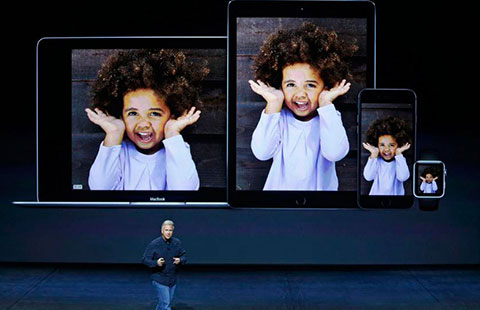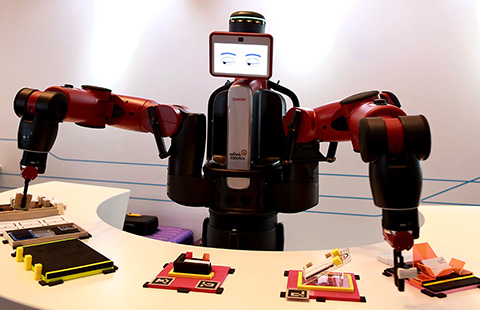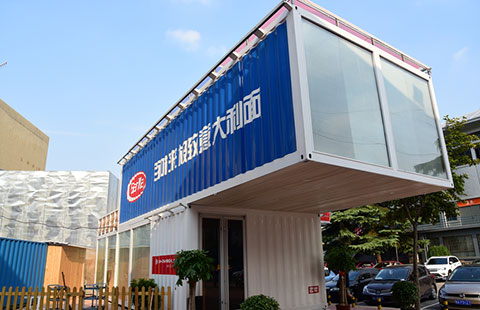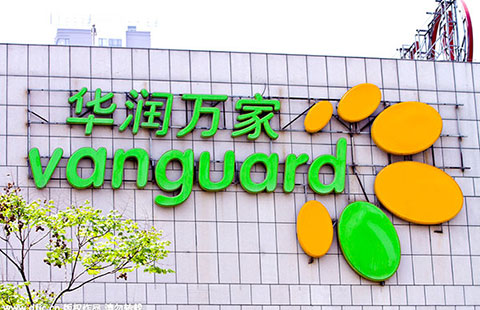Li sees stable, healthy financial market ahead
By Zhao Yinan (China Daily) Updated: 2015-09-10 06:55But even with the recent adjustment, the yuan's exchange rate against the US dollar is still higher than in 2013 by 15 percent, when the current government was set up, he said.
"We don't intend to stimulate export by devaluating the yuan, since it is not a move to match the government's aim to restructure the economy. Nor does China welcome competitive devaluation of currencies in the world," Li emphasized.
Because China has been deeply integrated with the global economy, the country would not benefit and could only be harmed should a competitive devaluation occur, Li said.
As a case in point, Li said business people from Chinese export companies told him that the best thing they wanted was a stable yuan, because otherwise it would be hard for those companies to obtain long-term contracts.
Yorihiko Kojima, chairman of the board of Mitsubishi Corp, Japan's largest trading company, said he believes that the Chinese market will improve in a couple of years, since Li is a very capable leader, and he doesn't think that the Chinese economy overall is facing great difficulties.
Kojima said China has always been a major market for his business. "The company's biggest office outside Japan was based in New York in the past, but it has moved to Shanghai since 2013."
- Alibaba says stock price should be based on company performance
- Banking regulator to allow cheaper financial leasing to companies
- Better livelihood more important than economic data: Li
- Dell promises huge investment in China
- Aim is to make China most attractive investment destination: Li
- China driving global economy, not derailing it: Li
- Apple releases new iPhones as China sales boom
- China vows more cooperation with foreign firms to meet demand
















